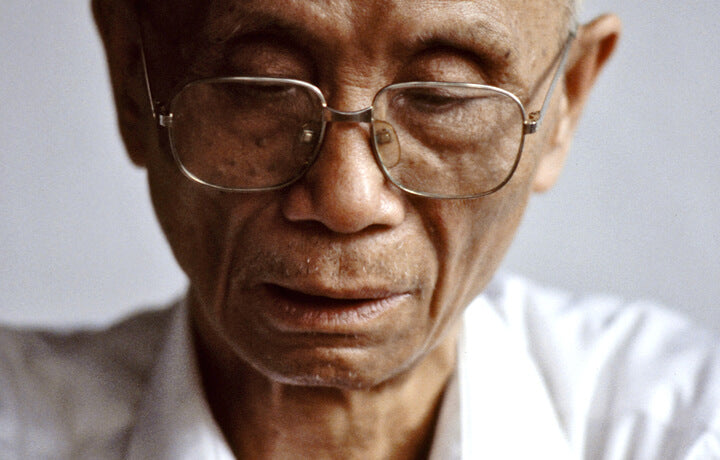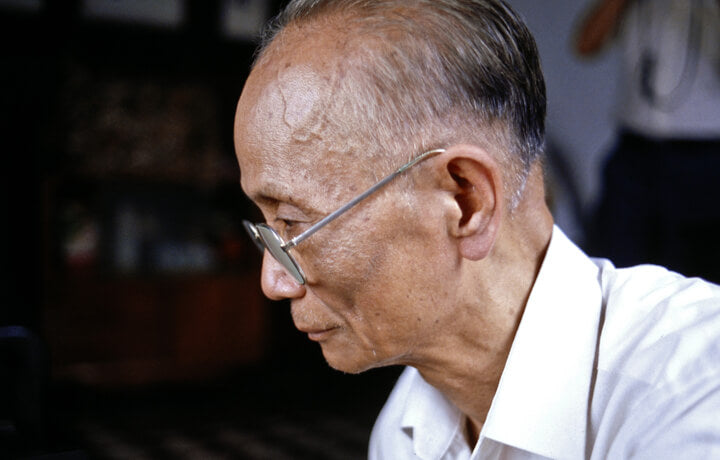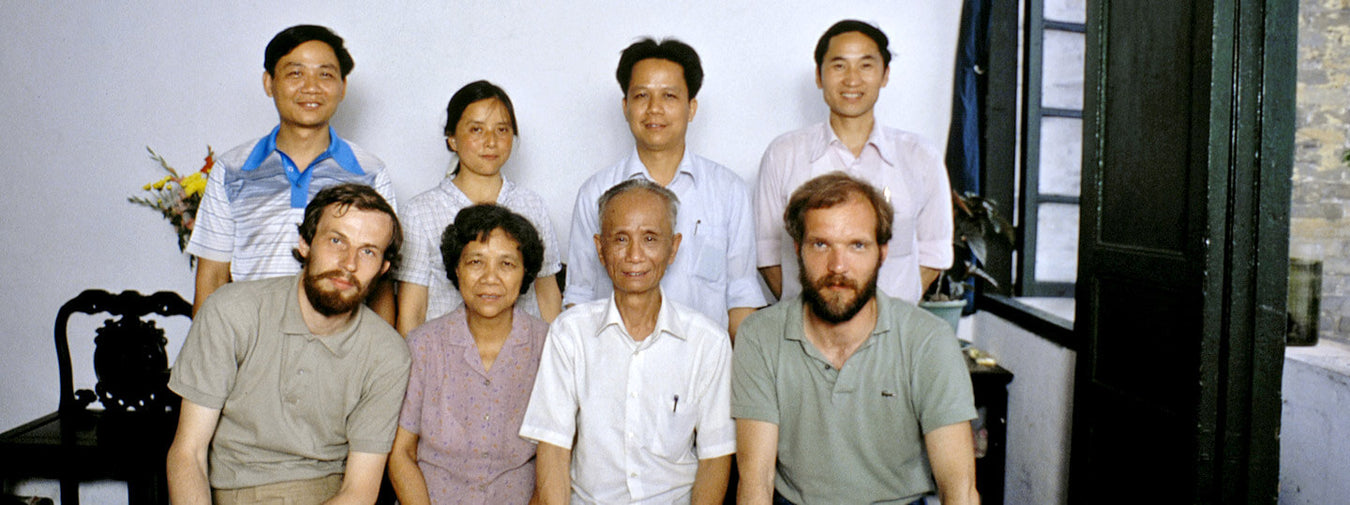In 1984, the German physician Prof. Dr. Carl-Hermann Hempen, who graduated from the Medical Faculty of LMU Munich, opened a practice for Chinese medicine in Munich. Since that time, this practice grew steadily and established itself as a renowned specialist center for Chinese medicine.
Prof. Dr. med. Carl-Hermann Hempen - a rock in the surf in the Chinese medicine of Germany
Author of numerous standard works
Prof. Hempen is a profound connoisseur of Chinese medicine. He has studied it with great thoroughness. He has been involved with TCM for over 50 years and frequently travels to Guangzhou (Canton), Kunming and Chengdu to exchange ideas with recognized specialists. He has written and edited numerous books, including Leitfaden Chinesische Phytotherapie (Guide to Chinese Phytotherapy) and dtv-Atlas Akupunktur (Atlas of Acupuncture), which have long been considered standard works in Germany.
In 2011, he was appointed honorary professor at the Technical University of Munich's Faculty of Sports and Health Sciences and has since taught Western-trained physicians in Chinese medicine, especially acupuncture and drug therapy, in a TCM master's program.
Intensive exchange in China




In 1979, Prof. Hempen (Han Peng 韩鹏 as his Chinese name is) discovered an article translated by Prof. Porkert in the journal Chinese Medicine entitled "Reflections on the Five Inducers", which had been written by Han Shaokang 韩绍康 (1909-1986), a famous acupuncture doctor from Lingnan and professor at the acupuncture department of Guangzhou TCM College. Five years later, in 1984, he traveled all the way to China to visit Han Shaokang and his son Han Jianshan, a co-author of this article. Prof. Hempen was taught by him the basics of Chinese medicine, Chinese drug therapy and, above all, traditional acupuncture.
When Han Shaokang explained acupuncture to him, he always demonstrated the localization of the foramina and the special needling techniques directly on the German guest's body. After his return to Germany, Prof. Hempen enthusiastically announced in a travel report: "Traditional acupuncture still exists in China!" When he returned to China many years later for further scientific exchange, he remembered these lessons and even visited Han Shaokang's grave.


Prof. Dr. med. Carl-Hermann Hempen (bottom right) with the Han family in 1984
Impressed and full of admiration
A few years ago, Professor Deng Tietao 邓铁涛 (b. 1916), one of the 60 official "medical grandmasters of China" (guoyi dashi 国医大师), expressed great concern and alarm that "Chinese medicine may no longer bear the name Chinese." And he singled out Chinese Medicine doctors like Li Ke 李可(1930-2013) as a "rock in Chinese Medicine" in this context. Having known Prof. Hempen for many years, we are not only happy about his success, but also impressed and full of admiration that there is such a "rock in the fire" in Chinese Medicine in Germany as well!
The text on this page is an excerpt of an article in the Chinese Journal of Chinese Medicine and Drugs (Zhongguo zhongyiyao bao中国中医药报of January 5, 2018)
Authors: Han Jianshan, Huang Jianye, Han Dunyan. Translated from the Chinese by Agnes Fatrai.

